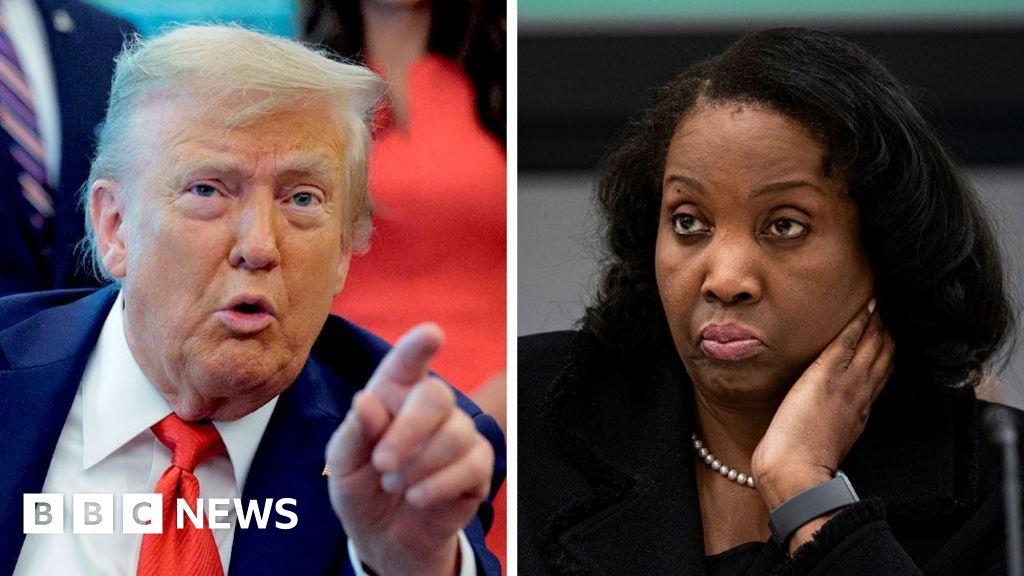In a significant setback for LGBTQ advocacy in Malaysia, a planned forum titled “Pride Care: Queer Stories & Sexual Health Awareness” has been indefinitely postponed due to mounting public criticism and condemnation from government officials. The event, organized by the youth wing of a minor opposition party, was set to take place next month, highlighting the ongoing struggle for LGBTQ rights in a country where religious conservatism is increasingly influential.
Malaysia's current political climate has seen the rise of the conservative Islamist party, Parti Islam SeMalaysia, now the dominant force in the lower house of Parliament. This party's clout is pressuring Prime Minister Anwar Ibrahim's administration to adopt a stricter stance on issues of sexual orientation and gender identity, which critics argue threatens the safety and rights of the LGBTQ community.
In a previous interview, Anwar had acknowledged a degree of tolerance for LGBTQ individuals, stating that while public consensus might not accept visible expressions of love between same-sex partners, harassment is a different matter altogether. However, the recent political dynamics suggest a shift towards a more hardline position, spurred by influential religious leaders.
The backlash intensified on social media after promotional efforts for the forum ignited a torrent of hateful comments and threats, prompting public calls for the police to intervene. Mohd Na'im Mokhtar, the minister for religious affairs, described the event as a dangerous promotion of “deviant culture,” further catalyzing public outrage and governmental disapproval.
This incident underscores not only the growing challenges faced by LGBTQ activists in Malaysia but also the increasingly conservative turn of the government as it seeks to consolidate support from the nation’s Muslim majority amidst changing political tides. The cancelation highlights the precarious position of LGBTQ advocacy in the country, raising concerns about the future of communal tolerance and acceptance.
Malaysia's current political climate has seen the rise of the conservative Islamist party, Parti Islam SeMalaysia, now the dominant force in the lower house of Parliament. This party's clout is pressuring Prime Minister Anwar Ibrahim's administration to adopt a stricter stance on issues of sexual orientation and gender identity, which critics argue threatens the safety and rights of the LGBTQ community.
In a previous interview, Anwar had acknowledged a degree of tolerance for LGBTQ individuals, stating that while public consensus might not accept visible expressions of love between same-sex partners, harassment is a different matter altogether. However, the recent political dynamics suggest a shift towards a more hardline position, spurred by influential religious leaders.
The backlash intensified on social media after promotional efforts for the forum ignited a torrent of hateful comments and threats, prompting public calls for the police to intervene. Mohd Na'im Mokhtar, the minister for religious affairs, described the event as a dangerous promotion of “deviant culture,” further catalyzing public outrage and governmental disapproval.
This incident underscores not only the growing challenges faced by LGBTQ activists in Malaysia but also the increasingly conservative turn of the government as it seeks to consolidate support from the nation’s Muslim majority amidst changing political tides. The cancelation highlights the precarious position of LGBTQ advocacy in the country, raising concerns about the future of communal tolerance and acceptance.



















